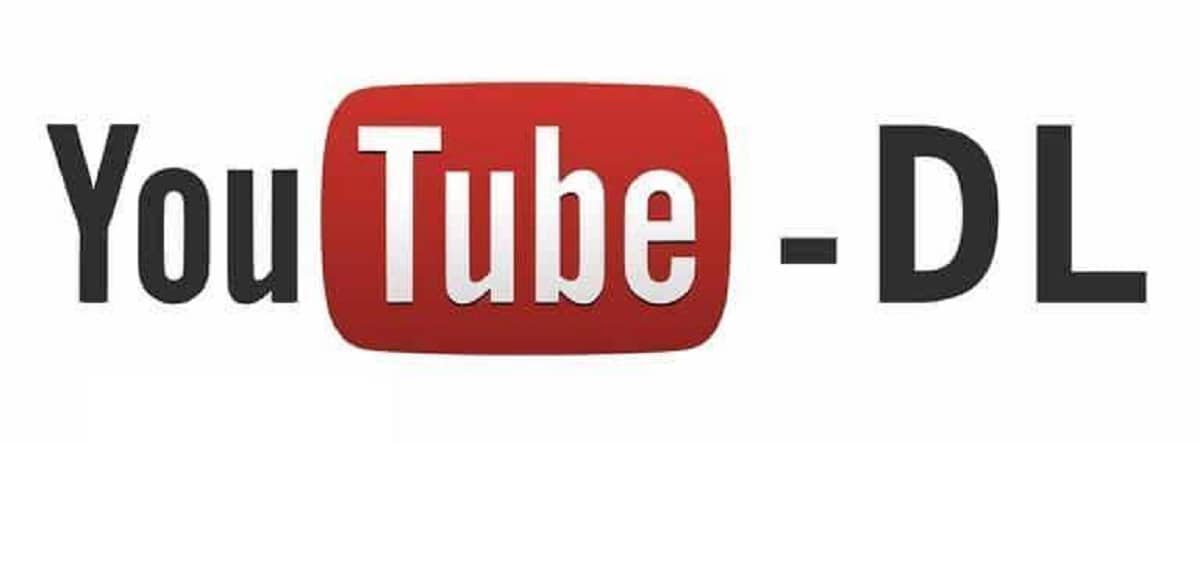
GitHub has restored access to the youtube-dl project repository, which was blocked last month following a complaint from the Recording Industry Association of America (RIAA), which accused the project's developers of violating the US Digital Millennium Copyright Act (DMCA).
The development of youtube-dl is back on GitHub, in addition to the developer also created a repository in GitLab and used in staging versions during crash, transferred in a private download.
The lock was removed after the developers made a change to remove the test downloads mentioned in the RIAA complaint.
Let us remember that the main reason for the blocking was the presence on youtube-dl of a code to check the correctness of the work, using materials in test downloads, the copyrights of which belong to the RIAA participants.
GitHub noted that the repository was unlocked after the additional information provided by lawyers for the Electronic Frontier Foundation (EFF), who defended youtube-dl.
The document argues that the project does not violate the DMCA because YouTube's encrypted signature is not an anti-copy mechanism and the verification charges are considered fair use.
Youtube-dl does not include copies of the indicated compositions in the complaint, but only contains links to them, which cannot be considered as copyright infringement, since these Links are indicated in internal tests that are not visible to end users.
Also, when running unit tests, youtube-dl does not download or distribute all the content, but only passes the first few seconds to verify functionality.
The claim that youtube-dl is being developed specifically as a tool to violate the terms of use of licensed content, circumventing the protection mechanisms is also not true, as the project does not include means to decrypt video sequences encoded with DRM technologies. .
What is called an "encrypted signature" in the complaint has nothing to do with copy protection, encryption or restricting access to protected content, but is just a visible YouTube video signature that can be read on the page code and identifies the video.
To avoid further undeserved crashes based on unjustifiably citing complaints A violation of the DMCA, GitHub has made changes to the process for handling lock requests:
- Each lockout requirement based on DMCA Section 1201 will be reviewed by technical experts, including outsourced experts, who must confirm that the lockout object bypasses technical protection measures.
- Complaints will be reviewed by attorneys for frivolous, non-DMCA allegations.
- For ambiguous claims, if there is no clear evidence of illegal bypass of protection, the decision will be made in favor of the developers and the repository will not be blocked.
- For substantiated claims, GitHub will notify the developer and allow time to dispute the claim or patch the repository before the crash is imposed. If there is no response, GitHub will try to contact the developer again before enabling the lock. Attempts to contact the developer will continue after the lock is introduced, and the developer will have the opportunity to return the repository after the claims have been resolved.
- Developers of blocked repositories will have the ability to export issues, PR, and other data that do not contain illegal content.
- GitHub staff will be instructed to quickly respond to developer requests regarding the crash. Such requests will be given the highest priority to reestablish access as soon as possible after the claims have been resolved.
In addition, GitHub announced the creation of a Foundation to protect developers from unfounded accusations violation of DMCA Section 1201.
The Foundation is expected to provide assistance to developers of free projects and pay the costs of legal defense in case of personal liability.
One million dollars were donated to the GitHub foundation. The foundation is envisaged with the participation of community representatives, such as the non-profit organizations Software Freedom Law Center and Electronic Frontier Foundation (EFF), which provide legal protection to free projects and defend the interests of developers who have experienced crashes as a result of reports of DMCA violations.
Well, there is nothing better than youtube-dl to download pirate videos and music.
Checking the 256 bit SHA hash of youtube-dl on an alias of ".bashrc" (I call it chyt; GPG signature also needs to be checked even if using "youtube-dl -U"):
alias chyt = 'DIRECTORY = $ (which youtube-dl); sha256sum $ DIRECTORY &> / dev / null; echo -n "HASH:" && read HASH; echo "$ HASH $ DIRECTORY" | sha256sum –check '
For music using FFmpeg:
alias piratiar = 'youtube-dl –ignore-errors –yes-playlist –output «% (title) s.% (ext) s» –youtube-skip-dash-manifest –extract-audio –audio-format vorbis –audio- quality 9 –prefer-ffmpeg '